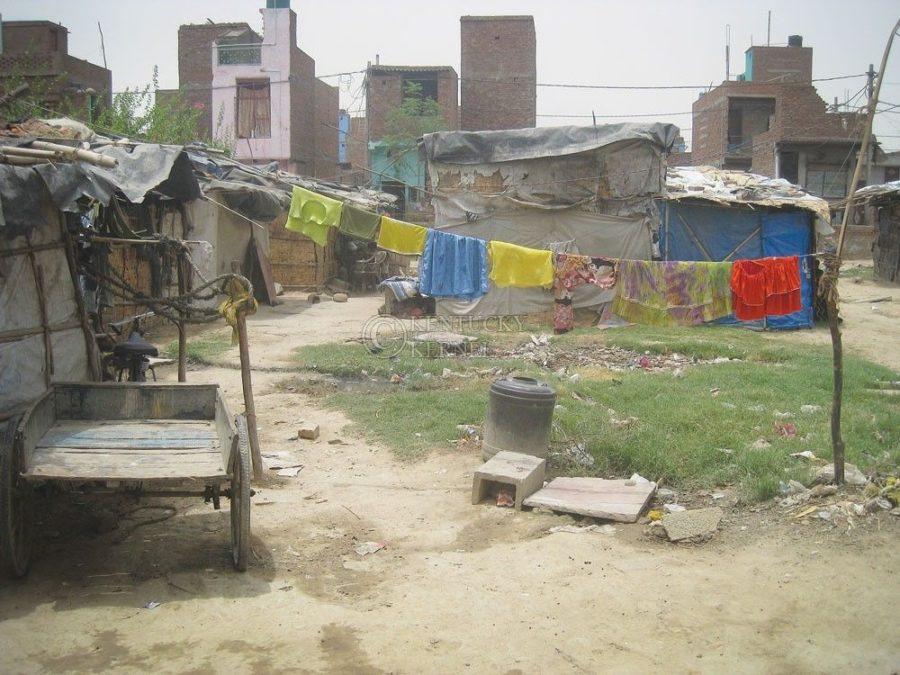Writers Without Borders
September 29, 2010
While most students’ summer vacations were just beginning, twelve UK students were preparing to spend two weeks in India volunteering for Habitat for Humanity.
Kathy McCullough, former UK instructor in the Division of Writing, Rhetoric and Digital Media in the College of Arts and Sciences, was the program director for Writers Without Borders (India).
The program began the Monday after finals in May. The class syllabus said the program was designed so students would work on marketing material for Habitat for Humanity’s “Delhi Slum Project.”
The students learned about India and the Habitat for Humanity’s work there before they left, McCullough said.
“[The] first week on campus, we gave the students a lot of background,” McCullough said.
She said the first week prepared the group for the two weeks it spent in New Delhi, working with the urban poor in the Bawana Resettlement Colony.
McCullough said the government of India has wanted to beautify New Delhi and has moved some of the homeless people out of the city, relocating them to resettlement communities.
She said the group was the first to have gone to India and not build houses for Habitat India.
Instead, the students in the program spent their time interviewing the families and individuals in the slums who have been helped by the Habitat for Humanity, McCullough said. They then compiled the information into photo essays, feature articles and audio slideshows for Habitat India.
McCullough said she found out on Monday that several students’ works actually got published.
Spanish and English sophomore Stephanie Anderson was one of five students on the trip whose article was published.
Anderson said India was an “overwhelming” and “eye-opening experience.”
“[There’s] no way to describe India than just different,” Anderson said.
Students were divided into groups to walk around the slums and conduct interviews, Anderson said.
Each group had translators who helped them communicate with the local people.
Anderson said she was in a group with Hannah Newby, community leadership and development sophomore. Newby is now spending the year teaching English to children in Mexico.
Anderson said her and Newby’s work was spliced together into one article, which is currently on the Habitat for Humanity India website. She said the article will also be used in promotional brochures.
After two weeks in India, Anderson said she learned how the lives of Indians are completely different from Americans.
“[You] hear about how other people live, but you never believe it til you see it,” Anderson said.
The students received credit for three classes for participating in the program, McCullough said. The three classes were ENG 401, UK 301 and ISP 599.
Amy Anderson, one of the instructors on the trip and an English Ph.D. student, said the program was designed to teach students service-learning, and said she was excited that students had worked published by Habitat India.
“It’s really important for us to show students how important writing is outside of the classroom,” Amy Anderson said.
To view Anderson and Newby’s work, along with the other three published writers, visit (www.habitat.org/cd/frame/frameset.aspx?r=3&url=www.habitatindia.in).
































































































































































